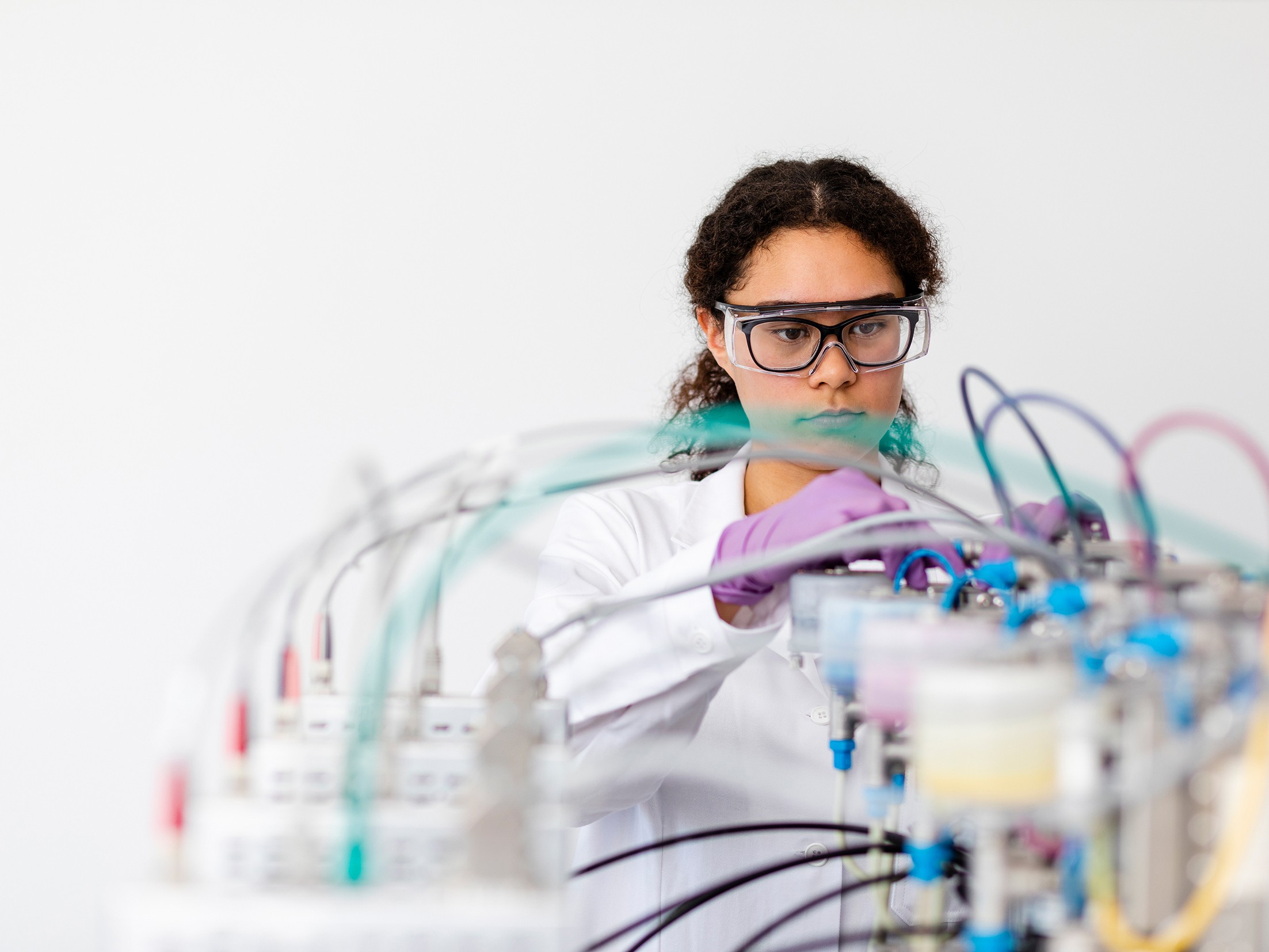INKplant prints the future of regenerative medicine to face the ageing of the European population
The ageing of the population is one of the great challenges of Europe in the 21st century. By 2024, 22% of Europeans are expected to be over 65. Patients suffering from chronic defects of the joints or defects in the oral and maxillofacial region have a significantly reduced quality of life and are continuously dependent on healthcare. The Covid-19 crisis has shown how dangerous chronically overcrowded hospitals and large cohorts of care-dependent, risk-group patients can become. INKplant was conceived to face this challenge and democratize its new solutions to ensure that living longer can be synonymous with living well. This ambitious initiative with a 6 million euro budget will create patient-specific implants by combining different advanced biomaterials and state-of-the-art technologies thanks to high-resolution additive manufacturing technologies, advanced simulation, and biological evaluation. The resultant implants will conform to each patient like a tailor-made suit. The INKplant approach could significantly reduce or even avoid the need for invasive surgical procedures using inorganic prosthetic components. The methods envisaged in the project represent an enormous improvement in the quality of life of the patients and will reduce the invasivity as well as the complications arising from prosthetic components by improving the biocompatibility of the materials used. INKplant will provide new solutions to some of the most widespread and urgent medical problems in European healthcare. The partners will work on 4 different use cases: defects of the meniscus, osteochondral defects, palatal defects, and patient-specific implants for dental and oral rehabilitation. To alleviate the suffering of patients with joint defects, INKplant will develop meniscus implants and implants to repair osteochondral defects in the knee, thus avoiding the need for total joint replacement. For defects in the oral and maxillofacial region, INKplant will develop implants for palatal defect repair and implants for patients for whom, due to the lack of local bone in the jaws, neither conventional dental prosthesis nor conventional dental implants present feasible treatment options. Medical implants for tissue repair are currently manufactured in standard sizes and shapes from inorganic, non-resorbable materials. Unlike these current implants and artificial prostheses, which are perceived by the body as foreign materials, INKplant will enable the manufacturing of individually customized implants with improved biomechanical performance and biocompatibility that will not only alleviate the suffering but will also have the potential to promote the regeneration of the damaged tissues in the body. By reaching the thresholds of complexity and detail in material production with high precision and production capacity, INKplant addresses the complexity of regenerating different tissues in the body. Furthermore, the project will bring individualised, gender-specific treatments for challenging medical problems to mass production. With these contributions, INKplant aims to reduce healthcare costs and rehabilitation time. This will be possible by the hybrid additive printing process developed during the project. The implants will be characterized by their different materials mimicking the biological and mechanical performance of the addressed soft and hard tissues. Coordinated by PROFACTOR, 19 partners from 7 countries are collaborating on this project to face some of the biggest threats to the quality of life during aging: Reduced mobility due to joint problems and reduced oral function due to ill-fitting prosthetic restorations. The international team strives for excellence in innovation through state-of-the-art technology and science. INKplant’s challenges are addressed from a multidisciplinary and multisectoral perspective that combines medical and technical expertise, together with cross-cutting issues such as standardisation and ethical aspects.



